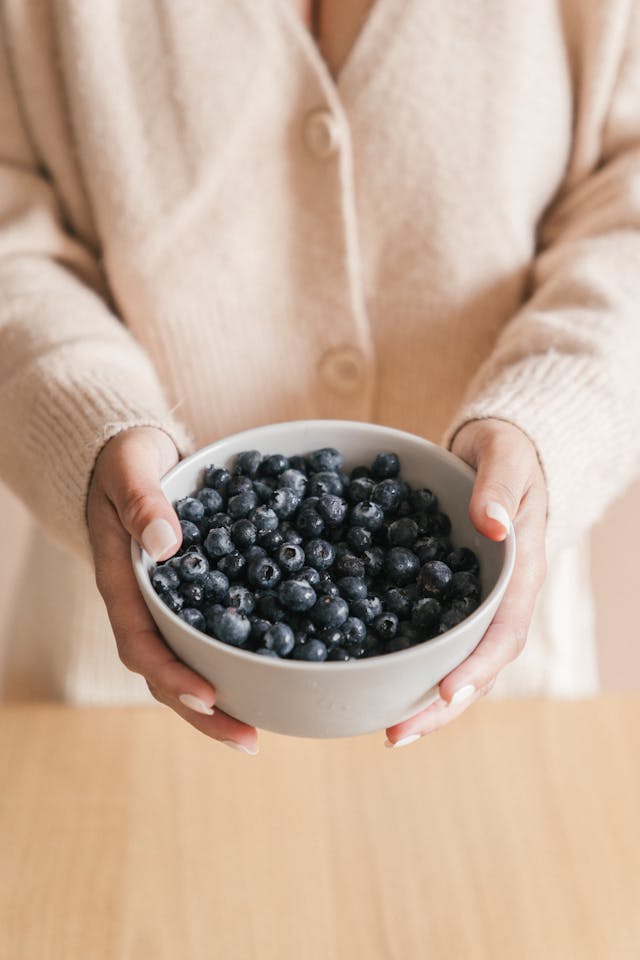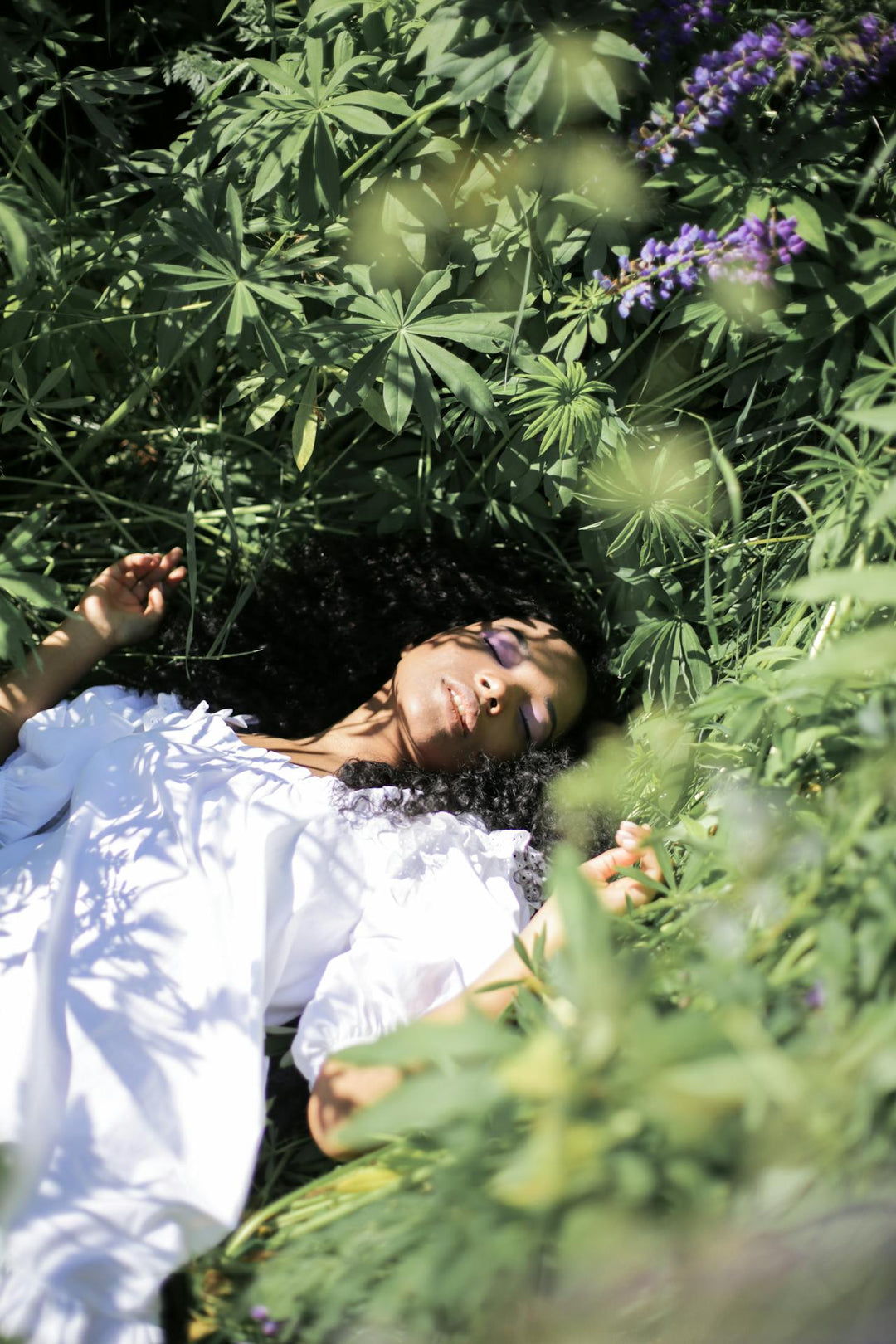Unlock the Secrets to Radiant Summer Skin: Essential Sun Safety Tips
Let's talk about the Sun...
Too much sun exposure leads to pre-mature aging, hyper/hypo pigmentation, and other skin diseases/illnesses.
And for most of us who are tapped into the beauty industry, we are all hammered with wearing sunscreen and/or sunblock to protect ourselves from the harmful rays of the sun...
What if I told you that sun protection is not the same for everyone. Your sun protection should be based on your complexion (how fair or dark your skin is)....
Benefits of the sun
Sun Exposure & Mental Health
Regular sun exposure can improve mental health by increasing serotonin levels, which helps boost your mood and alleviate stress. This highlights the importance of balanced sun exposure for both physical and mental well-being.
Sun Exposure & Vitamin D
Sun exposure primarily helps the body produce vitamin D, which is essential for calcium absorption and bone health; Immune system function; and mood regulation.
When your body is deficient in vitamin D it severely impacts bone health. Vitamin D deficiency in children leads to rickets and osteomalacia or osteoporosis in adults. The immune system is more susceptible to infection and low vitamin D can impact depression and/or mood disorders. So, maintaining adequate vitamin D levels through sun exposure and diet is crucial for overall health. And while you can take your vitamin D supplements or eat Vitamin D nutrient-rich foods, there is something euphoric when the sun hits your body that is unmatched.
And then you get inundated with making sure you buy the right products to protect your skin, because at the end of the day... who wants to speed up the ageing process???
But what if I told you that your levels of melanin should determine your skin-protection routine?
Melanin & Sun Protection
Did you know that melanin-rich skin already provides some natural protection against UV rays? So the darker your skin, the more protection you have against the sun rays. This, however, does not mean you should eliminate the need for sun protection.
And the lighter your skin, the more susceptible you are to UV ray absorption. As a matter of fact, the SPF testing is done on fair skin and is a measure of how much exposure the skin can endure before showing signs of redness or irritation.
But here's the thing, if you are darker in complexion your skin may react to overexposure in different ways.
Here is what to look out for:
-
Uneven Pigmentation
-
Solar Lentigines (Liver Spots)
-
Labial Lentigo: A harmless brown spot on the lip that can form after sun exposure.
-
Solar Elastosis: UV radiation breaks down connective tissue (collagen and elastin fibers) in the skin, leading to deep wrinkles and loss of elasticity.
-
Melasma: Darkening of skin on the face, often influenced by hormonal shifts (e.g., pregnancy).
- Sensitive Skin or peeling skin - burns or too hot
- Sun rash or small bumps
So should I wear sunscreen or not?
When it comes to protecting your skin, you should always do whatever it takes. Sunscreen is an option, but should never be the only option. And there is a possibility that you may already have some sun protection ingredients in the products you are already using.
Here are tips for getting the best vitamin D absorption while protecting your skin:
- Expose Skin to Early Morning or Late Afternoon Sun: These times have lower UV intensity.
- Short, Frequent Exposure: Do not spend long periods in the sun at one time, but rather short periods frequently. Consider seeking shade or protecting the skin with clothing after 20 minutes of exposure.
- Natural Oils with SPF Properties: Use oils like carrot seed oil or red raspberry seed oil, which have natural SPF properties, as an additional layer of protection.
- Wear Protective Clothing: Opt for long-sleeved shirts, wide-brimmed hats, and sunglasses to shield your skin and eyes. Linens and natural cotton are great breathable fabrics that keep you cool.
- Seek Shade: Stay in the shade during peak sun hours (10 AM - 4 PM) to minimize direct exposure.
- Stay Hydrated: Drink plenty of water to keep your skin hydrated and healthy.
Enjoying the sun responsibly is key to maintaining healthy skin and overall well-being. Incorporate these tips into your daily routine, and don’t forget to check out Botaniq Luxe products to keep your skin protected and hydrated all summer long.
Stay safe and radiant!





Leave a comment